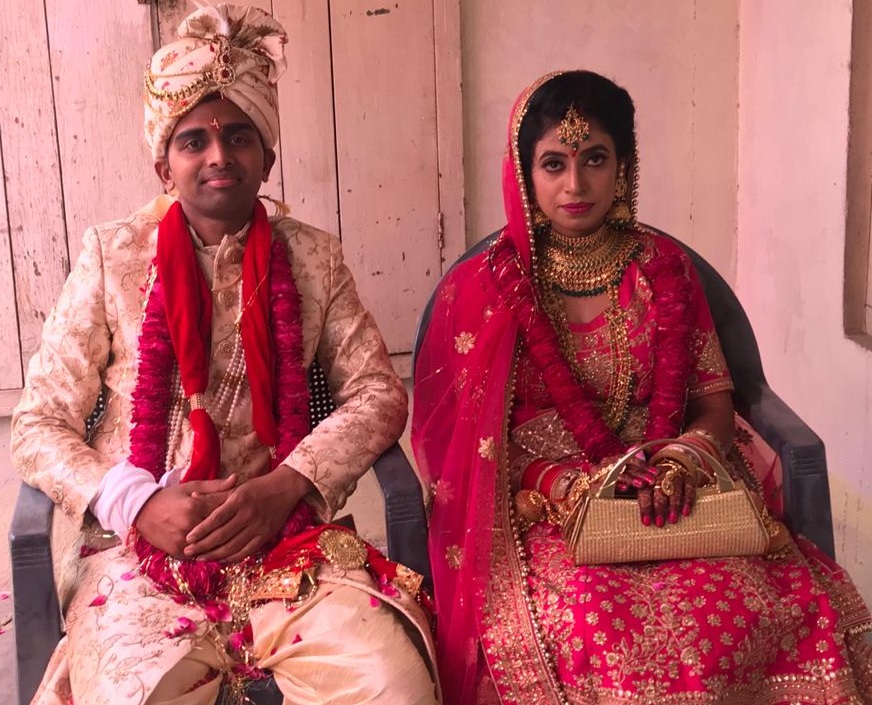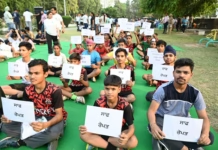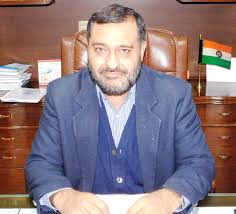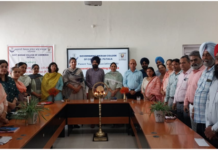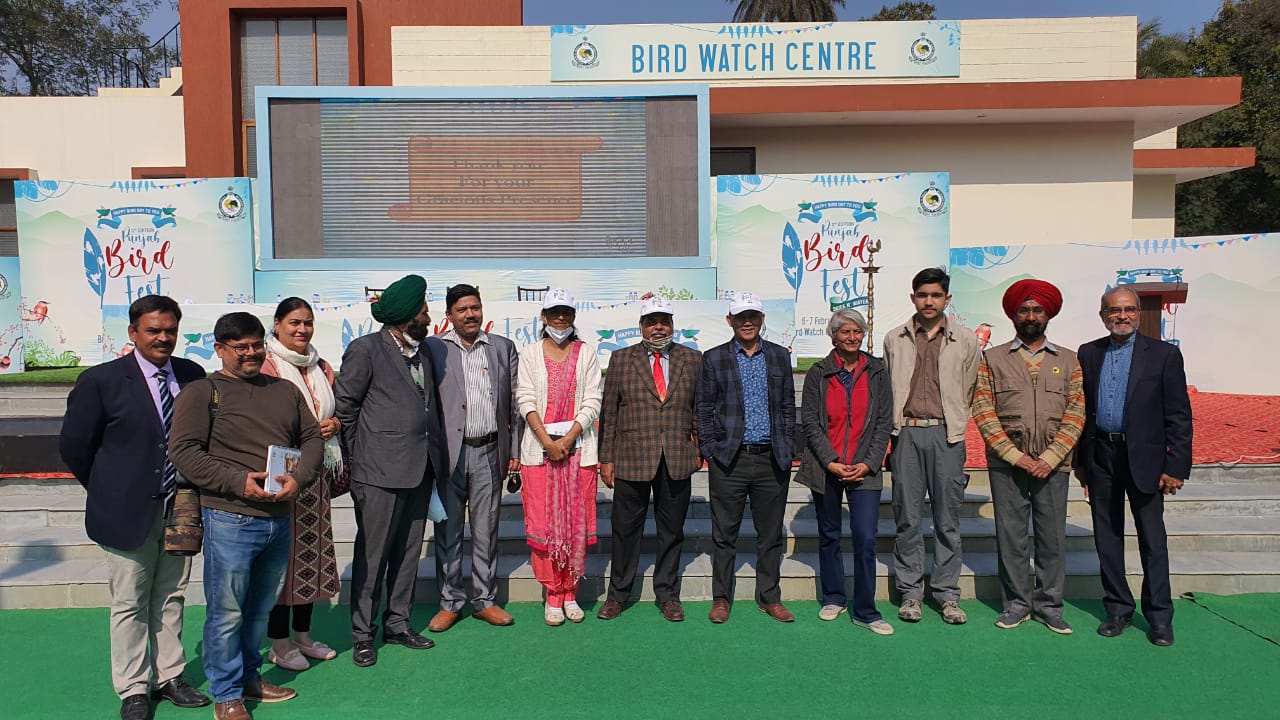Literary,Dynamic, Courgeous Prime Minister of India passes away
New Delhi-Bharat Ratna Atal Bihari Vajpayee, former Prime Minister of India died today at AIIMS New Delhi. Atal Bihari Vajpayee was born on 25 December 1924 in Gwalior, Madhya Pradesh to a middle-class Brahmin family of Krishna Bihari Vajpayee and Krishna Devi. His father was a school master and a poet. Atal Bihar Vajpayee completed his schooling from Saraswati Shishu Mandir, Gorkhi in Gwalior. He completed his graduation in Hindi, Sanskrit and English from Victoria College in Gwalior, now known as Laxmi Bai College. Thereafter, he studied in DAV College, Kanpur and completed his M.A. in Political Science with a first-class degree. He is fondly called ‘Baapji’ by his close relatives and friends. He remained single for his entire life and later adopted a daughter named Namita. He loves Indian music and dance. Vajpayee studied law for some time but did not complete the course as he was more inclined towards journalism. He served as an editor to publications like Panchjanya, a Hindi weekly; Rashtradharma, a Hindi monthly; and dailies like Veer Arjun and Swadesh.
His first encounter with politics occurred in August 1942 at the time of the Quit India Movement. Vajpayee and his elder brother Prem faced arrest for 23 days. He joined the Bharatiya Jana Sangh when it was newly formed in 1951 and subsequently, he was motivated by the party leader Syama Prasad Mookerjee. He was one of the founders and members of the Bharatiya Jana Sangh.
He remained Prime Minister, the first for 15 days (from 16 May 1996 to 1 June 1996), the second for a period of 13 months (from 19 March 1998 to 26 April 1999) and the third for five years (from 13 October 1999 till 22 May 2004). He was elected nine times to the Lok Sabha and two to the Rajya Sabha. He contested from four different states – Madhya Pradesh, Uttar Pradesh, Delhi and Gujarat – in different elections. The first election that Vajpayee won was from the Balrampur Lok Sabha (parliamentary) constituency of Uttar Pradesh in 1957 in the second Lok Sabha. Vajpayee served as the President of the party from 1969 to 1972. Vajpayee also remained as the Minister of External Affairs in 1977 during the Janata Party rule and Morarji Desai became the Prime Minister of India. From 1980 to 1984, in 1986 and from 1993 to 1996, he was the Leader of the Bharatiya Janata Party in the Parliament. Atal Bihari Vajpayee was conferred upon India’s highest civilian honour Bharat Ratna on 27 March 2015.
Five underground nuclear tests were conducted in May 1998 in the deserts of Pokhran in Rajasthan, during his tenure as Prime Minister. Atal Bihari Vajpayee being a Prime Minister of India initiated a diplomatic peace process with Pakistan and a historic Delhi-Lahore bus service was inaugurated in February 1999 under his tenure. Operation Vijay was launched by the Indian Army in Kargil, which was successful in pushing back the Northern Light Infantry soldiers and Pakistani militants, recapturing around 70% of the territory.
When Atal Bihari Vajapyee was the Prime Minister of India the then American President Bill Clinton visited India in March 2000, which was the first visit by a U.S. president to India in 22 years. Vajpayee also invited the then President of Pakistan Pervez Musharraf for a joint summit in Delhi and Agra, although the peace talks failed to attain the breakthrough.His government passed the Prevention of Terrorism Act.
He received the Padma Vibhushan in 1992, Kanpur University honoured him with D.Litt. in 1993, he was bestowed with the Bharat Ratna Pandit Govind Ballabh Pant, Best Parliamentarian Award, Lokmanya Tilak Award in 1994. He was honoured with India’s highest civilian award – the Bharat Ratna – in 2015. He was also conferred the Bangladesh’s Liberation War Honour on 7 June 2015 by the Government of Bangladesh.







